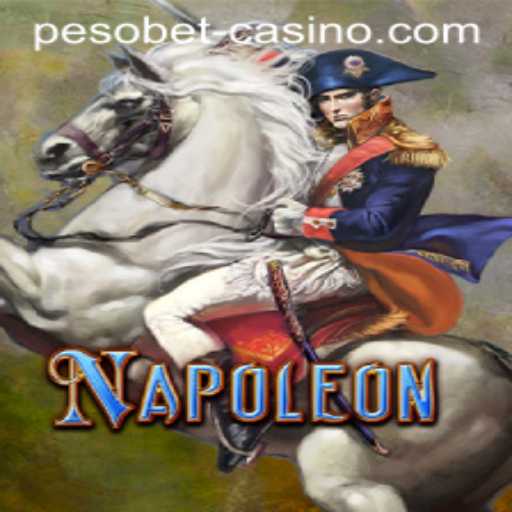Exploring the Engaging World of the Napoleon Card Game
As the digital era continues to reshape traditional experiences, classic games like Napoleon are finding new platforms to flourish. One such platform that has been gaining attention is Pesobet, a dynamic space where historical card games harmonize with modern betting experiences.
History and Origins of Napoleon
The card game Napoleon dates back to the early 19th century, named presumably after the famous French military leader Napoleon Bonaparte. This game's rich history alludes to its strategic depth, reflecting the strategic prowess of its namesake. Traditionally popular in England, Napoleon has spread across Europe and into other continents, finding favor among strategy enthusiasts.
Rules of the Napoleon Card Game
At its core, Napoleon is an exciting trick-taking game usually played by five players, though variations exist that allow for fewer participants. It uses a standard deck of 52 cards. Each player receives a certain number of cards, usually five, while the remaining cards form a draw pile.
The game's objective is simple yet challenging: players bid on the number of tricks they believe they can take. The player declaring the highest bid becomes the ‘Napoleon’ and attempts to win at least that many tricks. The rest become the ‘Allies’ and attempt to prevent Napoleon from achieving this.
Bidding is a critical stage in Napoleon, as it sets the tone for the game. The bids range from the minimum bid to 'Napoleon' or 'Wellington,' with the latter being the ultimate bid to capture all tricks. What makes the game particularly engaging is the bluffing and deception involved during the bidding process.
Once the bidding concludes, the gameplay progresses with each participant playing a card from their hand in turn. The player who leads can play any suit, and subsequent players must follow the led suit if possible. The highest card of the suit led wins the trick unless trumps are in play, in which case the highest trump card wins.
The role of the trump suit cannot be overstated. Determining an effective trump allows players to gain control over the tricks, adding a layer of depth and tactical consideration that echoes the game’s namesake's military tactics.
The Integration of Napoleon in Pesobet
In the contemporary landscape, where digital platforms are becoming increasingly prevalent, Pesobet offers an intriguing avenue for traditional games like Napoleon to reach a broader audience. Pesobet, known for its association with betting and gaming, embraces the strategic elements of Napoleon, enhancing the stakes and excitement it brings to players.
As a betting platform, Pesobet leverages the suspenseful nature of games like Napoleon, allowing players to place bets based on their understanding of the game, their opponent’s strategy, and the cards' draw. Such integration provides a nuanced twist to the classical art of card playing, transforming a traditional leisurely activity into an engaging virtual competition.
Napoleon in the Context of Modern Gaming Trends
In recent years, there has been a notable resurgence of interest in classic card games, attributed partly to their strategic appeal and ease of accessibility on online platforms. This trend reflects a growing appreciation among younger generations who seek offline experiences in an online format.
Platforms like Pesobet, therefore, play a crucial role in revitalizing these games. By embracing technology, they offer seamless interfaces and real-time multiplayer capabilities, bridging geographical distances between players globally, thereby fostering a vibrant and competitive gaming community.
The appeal of Napoleon in modern gaming lies in its balance between simplicity and the depth of play. While no longer played exclusively at social gatherings as in its heyday, its digital adaptation retains the core competitive spirit and camaraderie that defined its origins.
Strategic Elements and Competitive Play
Much like chess, Napoleon demands foresight and a strategic mind. Understanding your opponents' tendencies, predicting their moves based on incomplete information, and adapting strategies on the fly are skills paramount to success in this game.
Furthermore, the translation of these skills into an online betting context with Pesobet enriches the game’s appeal. Participants are not merely reliant on luck but are also rewarded for their strategic acumen and psychological insight into their opponents' gameplay.
Conclusion
The classic card game Napoleon, in association with platforms like Pesobet, illustrates the evolving nature of traditional games in the digital age. By incorporating strategic depth, historical roots, and modern technology's capabilities, Napoleon continues to entertain and challenge players worldwide. As these platforms grow, they ensure that traditional games remain relevant, providing both nostalgic charm and new-age excitement.








